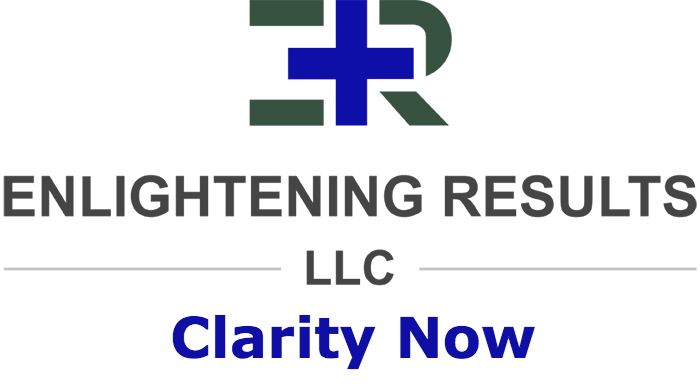Benefits of Hiring a Private Cancer Patient Advocate
Being a homeowner is an extremely gratifying and humbling experience...though I wish someone had warned me about what it takes to maintain a home. From fussy plumbing to full-blown broken pipes and flooded interiors, to birds and various insects creating nests in dozens of tiny crevices, electrical shortages, cable and internet woes, dents, dings, and chips in counters, walls, and paint. The list goes on and on. All of these “tasks” need to be taken care of either on your own or by hiring a professional. More often than not, you are calling someone to come to the rescue.
Similarly, if you own a vehicle there is also maintenance involved. Oil changes, tire rotation, brake replacement, filters, spark plugs, batteries, and of course, the dozens of other things that break and need attention. Again, these items need to be addressed and most people see their car dealer’s service department or a local reputable mechanic. The handy may take on some of these jobs themselves (you’ll be seeing me at the mechanic).
What do we do when something goes wrong with our health? We see a health care professional, receive a diagnosis, and are sent home with a laundry list of tasks to address. In most cases, everyone tries to navigate these tasks themselves. When it comes to your health, this is no time for a Pinterest type home improvement project. In the midst of receiving a devastating diagnosis such as cancer, you will greatly benefit from hiring a private cancer patient advocate. Why should you hire a private cancer patient advocate? What are the benefits of hiring a private cancer patient advocate? Look no further:
· Clarity: Navigating our current healthcare system is extremely complicated, with patients encountering numerous detours, mistakes, unforeseen circumstances, and aggravations. Additionally, in light of the new presidency, the future state and complexity of the healthcare system is truly unknown. Throw in a devastating diagnosis such as cancer and one is truly navigating unchartered waters. Hiring a private cancer patient advocate with expertise in the oncology arena will provide you with the clarity and the improved access you need to move forward on your journey.
· Allegiance: All you have to do is (unfortunately) follow the money. Hospital patient advocates are paid by the hospital. Essentially they work to protect the hospital from lawsuits, legal fees, and to uphold the reputation of the respective facility. The patient is not the priority. Insurance companies also provide complementary patient advocates. Again, these advocates are paid by the insurance company and are restricted to providing services within a framework that ultimately benefits the insurance company, not the patient. Private patient advocates are paid directly by the client, removing all outside influences of for-profit agencies. There are no strings attached. You’ll have a professional, dedicated liaison focused on your best interests, outcomes, and safety, all while promoting your rights as a patient.
· Better outcomes: Evidence shows that patients who are more knowledgeable about their diagnosis and treatment paradigm, who are engaged, and who are more proactive obtain better outcomes in the course of their care. During a critical time in your healthcare (and life), invest in yourself and hire a private cancer patient advocate for your best chance at tackling and navigating your diagnosis.
· Information: A private patient advocate is a professional strategic ally to provide you with the most pertinent and medically credible information to empower you to make informed decisions about your care. A private patient advocate is able to coordinate and disseminate important information about your care to all key medical care teams to ensure seamless communication amongst all parties involved in your treatment and journey.
· Support: No one should face a cancer diagnosis and cope with the demands of their illness alone. Having an objective source of factual and empathetic support is truly beneficial in your journey. Hiring a private patient advocate to tend to the distressing and overwhelming tasks of your diagnosis frees you and your family members to channel your efforts on positive and more functional imperatives.
· Time: Most people with cancer typically comment that they simply “do not have time for cancer”. In our overworked and overscheduled lives, cancer patients worry about how they will continue to complete day-to-day tasks in the midst of their diagnosis. Many stress over how they will be able to continue to care for their child(ren), how they will be able to be productive at work, how they will continue to maintain their home, or how they will continue to care for an elderly family member, let alone finding time to address tasks associated with their own diagnosis. A private patient advocate can minimize your loss of productivity by assisting in organizing and managing tasks such as following up on referrals to specialists, scheduling diagnostic testing and imaging, coordinating care amongst medical care teams, filing and following up on medical record requests, literary research, maintaining comprehensive medical record histories, filing insurance claims, conducting clinical trial research, etc. Hiring a private cancer patient advocate gives you the gift of time to focus on what’s most important in your life as opposed to spending hours on the phone, on the computer, or buried in paperwork.
· Peace of mind: A cancer diagnosis is an earth-shattering life event that causes fear, anxiety, confusion, and distress. Many of these feelings are attributed to the unknown. Having a knowledgeable private patient advocate empowers you to have someone in your corner to help you manage your diagnosis and spend the time you need to get the answers to pressing questions consuming your thoughts. During a time of crisis, knowing that someone is passionate about your best outcomes, your safety, and ensuring your patient rights are honored brings immense peace and reassurance so you may focus on your health and wellbeing. Your peace of mind is priceless.

